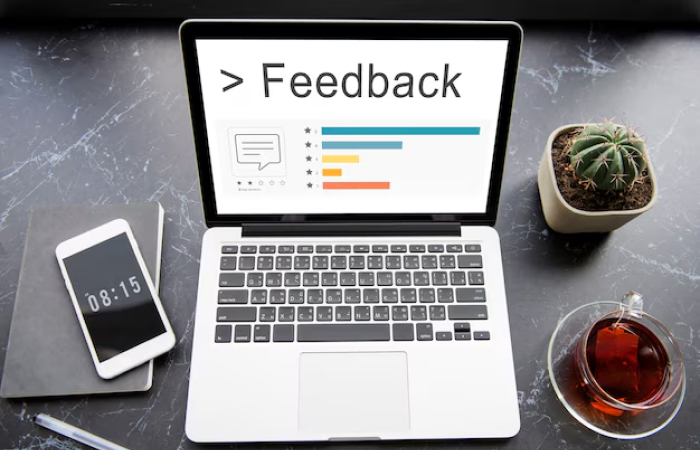Artificial Intelligence (AI) is transforming the way we live, work, and interact with the world. From self-driving cars to voice assistants like Siri and Alexa, AI is making life more convenient. However, alongside these benefits, AI also presents challenges such as job displacement, privacy concerns, and ethical dilemmas. This article explores how AI is impacting society, highlighting both its opportunities and challenges.
Opportunities of Artificial Intelligence
1. Improved Healthcare
AI is revolutionizing healthcare by enabling early disease detection, robotic surgeries, and personalized treatment plans. AI-powered tools analyze medical images, detect patterns, and assist doctors in diagnosing diseases such as cancer, diabetes, and heart conditions with greater accuracy.
2. Enhanced Productivity and Automation
Businesses are using AI to automate repetitive tasks, improving efficiency and reducing human errors. Chatbots, AI-powered customer support, and robotic process automation (RPA) help companies save time and resources, allowing employees to focus on more complex tasks.
3. Smarter Transportation
AI is at the core of self-driving cars, helping reduce accidents caused by human errors. Traffic management systems powered by AI optimize road usage, reducing congestion and improving travel time. Ride-sharing apps like Uber and Lyft also use AI to match drivers with passengers efficiently.
4. Advanced Education and Learning
AI-driven platforms provide personalized learning experiences for students. Tools like intelligent tutoring systems, AI-powered assessments, and virtual classrooms enhance the learning process, making education more accessible and effective.
5. Better Decision-Making
Organizations leverage AI to analyze vast amounts of data and make informed decisions. AI-powered analytics help businesses forecast trends, detect fraud, and optimize operations in industries like finance, retail, and cybersecurity.
Challenges of Artificial Intelligence
1. Job Displacement
As AI automates tasks, some jobs are becoming obsolete, leading to unemployment concerns. While AI creates new job opportunities, it requires workers to reskill and adapt to new roles in the digital economy.
2. Ethical and Bias Issues
AI systems can reflect biases present in the data they are trained on, leading to unfair outcomes. For example, biased AI in hiring processes or law enforcement can result in discrimination. Ensuring fairness and transparency in AI decision-making is a major challenge.
3. Privacy and Security Risks
AI collects and processes large amounts of personal data, raising privacy concerns. Cybercriminals can exploit AI vulnerabilities, leading to data breaches and security threats. Strong data protection laws and ethical AI development are crucial to addressing these risks.
4. Dependency on AI
Excessive reliance on AI can reduce human critical thinking and problem-solving skills. Overdependence on AI-powered systems in industries like healthcare, banking, and cybersecurity may lead to vulnerabilities if these systems fail.
5. Regulation and Control
AI development is advancing rapidly, but regulations struggle to keep pace. Governments and organizations must establish policies to ensure AI is used responsibly while preventing misuse in areas like surveillance, deepfake technology, and autonomous weapons.
The Future of AI in Society
While AI presents both opportunities and challenges, its impact on society depends on how we develop and implement it. Responsible AI development, ethical considerations, and global cooperation are essential for ensuring AI benefits humanity while minimizing risks. By focusing on education, regulation, and innovation, we can harness AI’s potential to create a better future.


